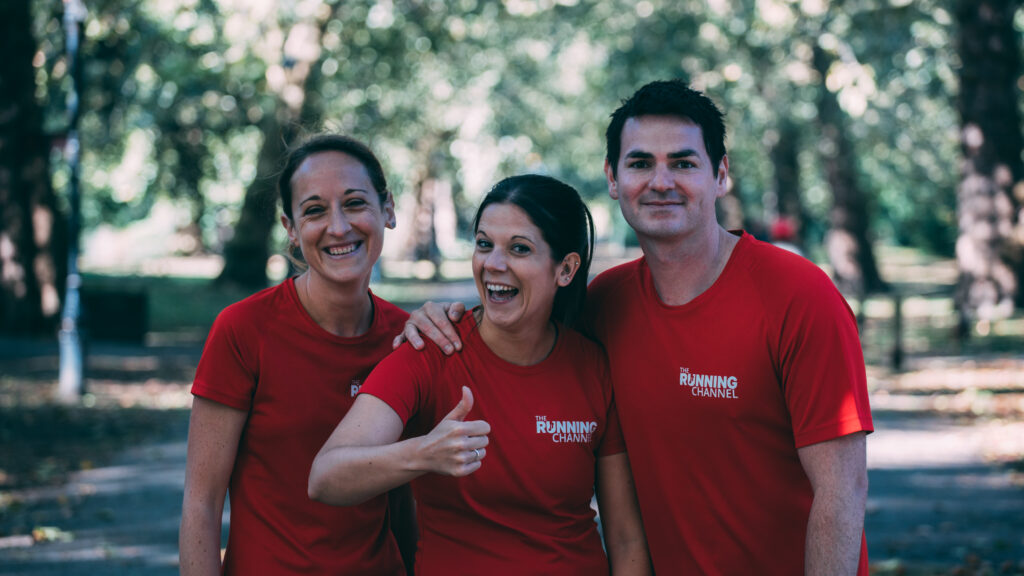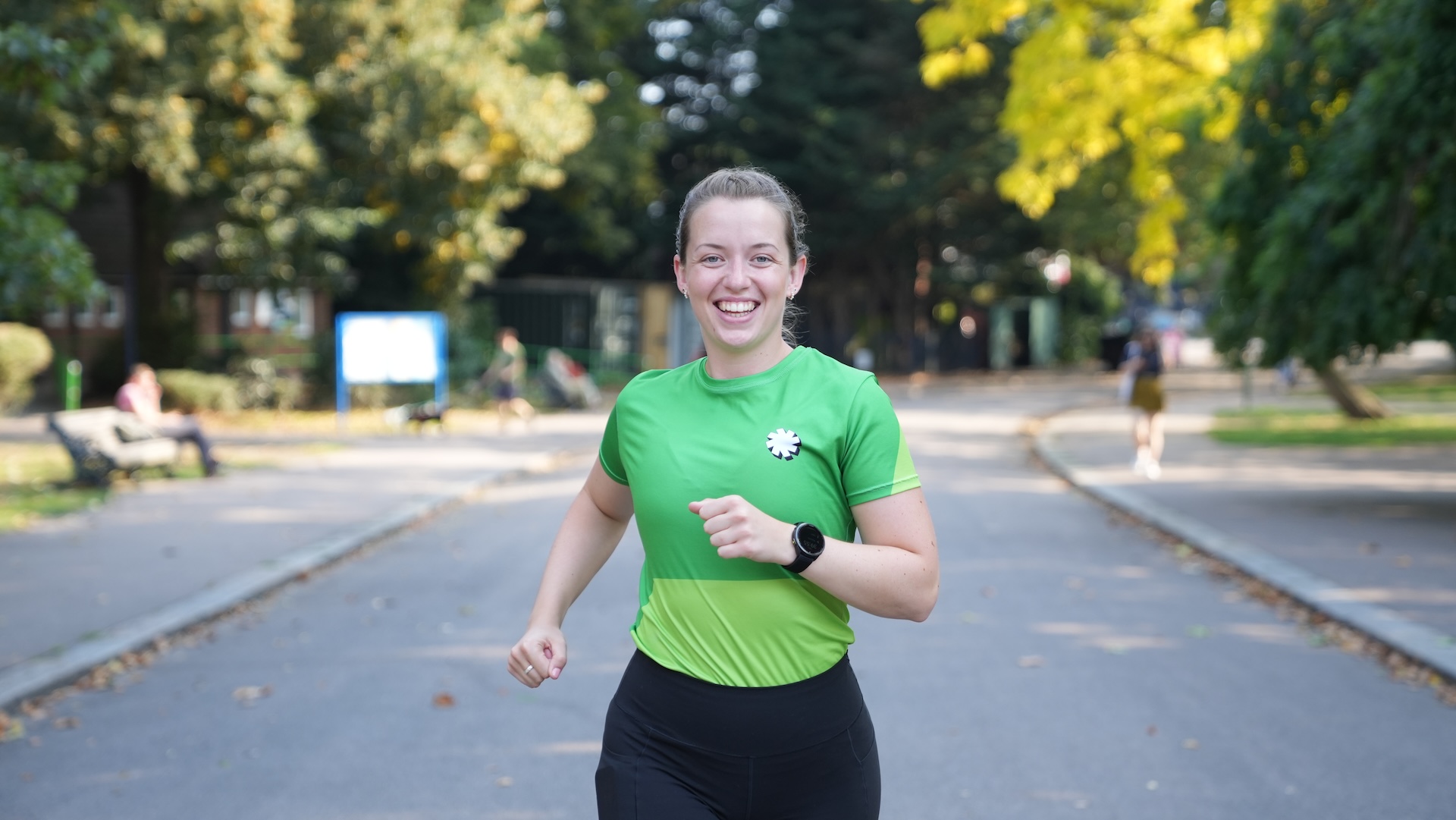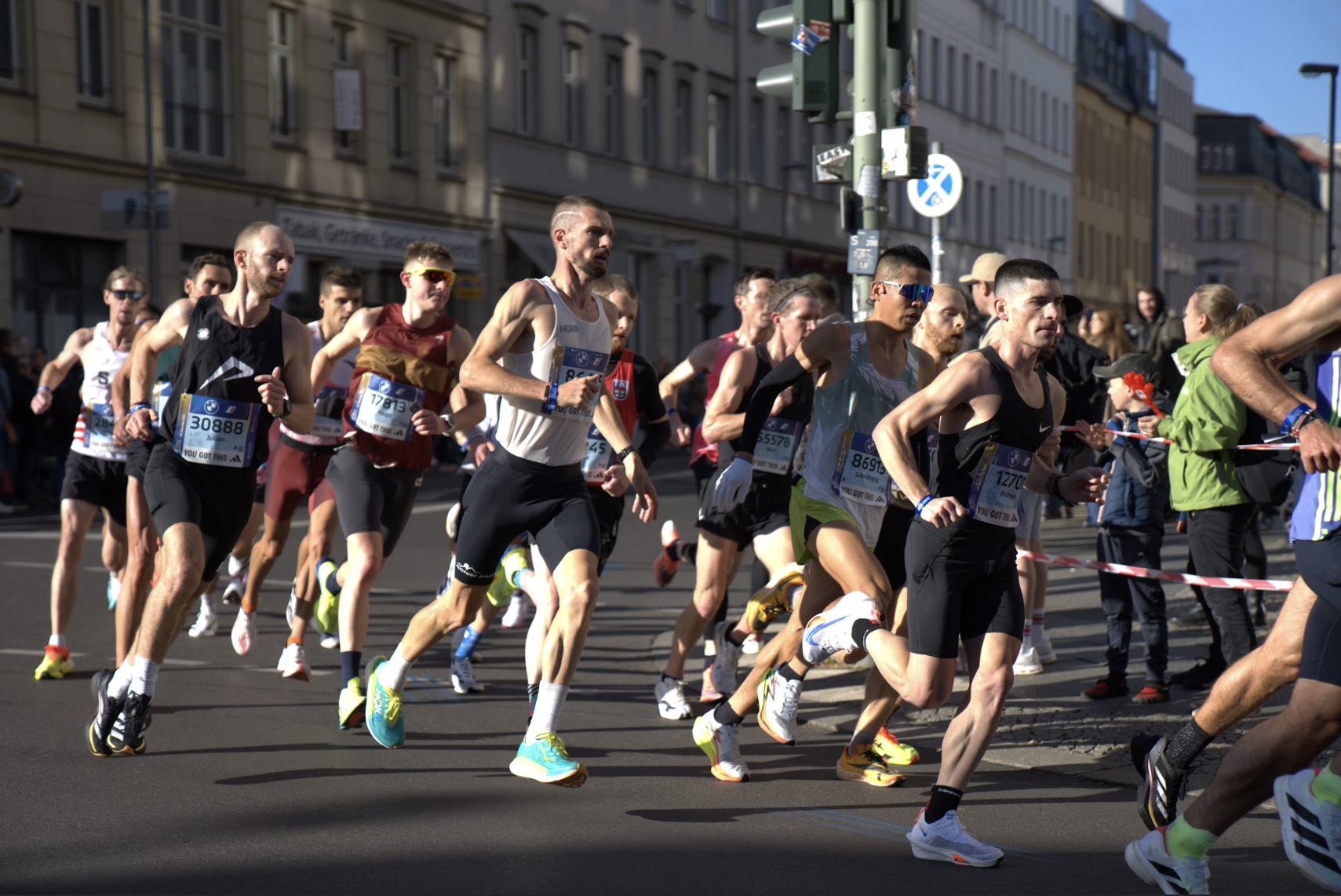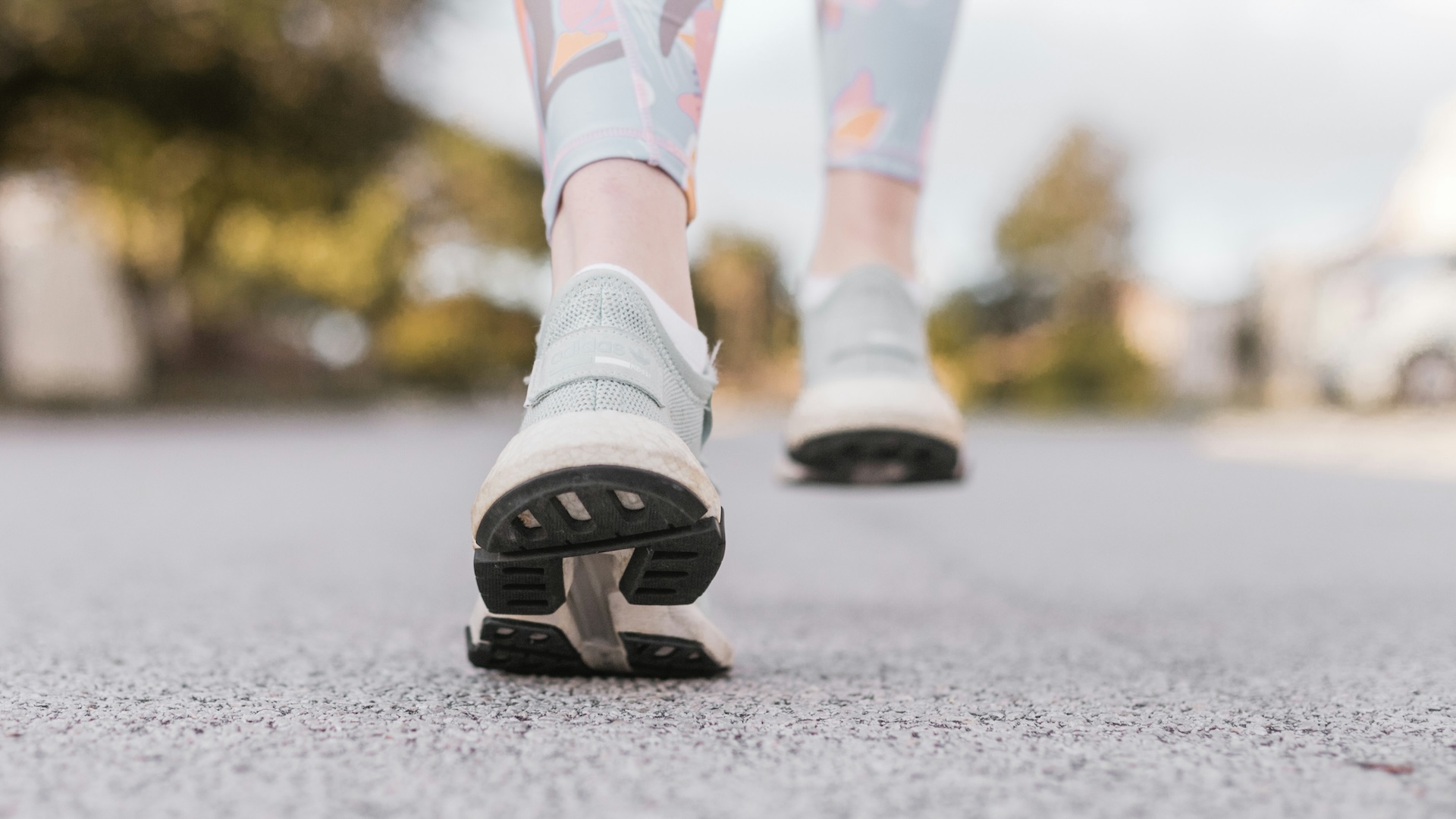Mistakes New Runners Make

Running isn’t a complicated sport, but sometimes it may seem that way: when seasoned runners start bandying terms like “threshold” and “lactate” and discussing the stack height of their new trainers, and your head starts to spin. But the important thing as a new runner to remember is: you don’t need to know any of this! Not yet, anyway.
The only real mistake you can make as a new runner is pushing yourself too hard, too soon. When we start running, our muscles just aren’t used to this new impact and load, and it will take a while for them to adjust. That period can be tricky, and achy, and can mean that niggles or injuries flare up: things like shin splints, dodgy knees, or tight IT bands.
It can be very hard to know when this is simply your body adjusting – and so you should keep going – or when you are actually doing further damage and should stop. It’s all very well those seasoned runners saying “listen to your body” but your body doesn’t know much about running yet, and isn’t necessarily speaking that clearly to you!

The best advice is simply to be sensible: to paraphrase the saying, don’t sprint before you can jog. No one ever put themselves off running, or injured themselves, by being too conservative. Far better to end a run feeling great, and like you could have done a bit more, than needing to take to your bed with a hot water bottle and painkillers.
The golden rule of thumb is never increase your weekly mileage by more than 10%. Never be afraid to add in walk breaks, especially if you are building up for the first time or back from an injury. Make sure you take proper rest days – they are vital for recovery and injury prevention.
Running should also be a pretty cheap sport, but the one thing that’s worth spending money on is the right shoes for you. That doesn’t mean the most expensive ones, simply the ones that suit your style or ‘gait’ when you run. If you are lucky they might be the cheapest! Go to a specialist running shop if you can, where they will watch you run on a treadmill and suggest the right shoes for you. Personally, I think the right socks are also crucial. Some people need a bit of padding to avoid blisters, others prefer super thin barely-there socks: there’s no right or wrong, just what your feet need.
As for the rest of your gear: run what you feel comfortable in and try (easier said than done, I know) not to worry about what other people think, or wear, or do. I think many runners feel self-conscious for no real reason: sure, there are idiots out there who may offer unsolicited comments but the vast majority of people are just getting on with their lives, and if anything, are probably thinking “look at him/her, I wish I could motivate myself to run…”. But the one thing I would say is don’t overdo the layers – if you are running in more than the walkers you are passing, you are overdressed. Overheating is horrible and makes your run feel much harder than it needs to be. Be brave and strip off one of your layers and see if it makes your run feel easier, you might be surprised.
Another golden rule is not to overcomplicate things, whether it’s fancy warm ups or complicated stretches. Warming up can be as simple as a brisk walk, or jogging very slowly at the beginning of your run. You can do the same at the end of your run as a cool down. One thing I really like is to find a bit of grass to do my cool down on, rather than hard tarmac roads if possible. It’s kinder on your joints.
One area all runners – new and seasoned – tend to neglect is strength and conditioning – this really isn’t just for pros, but can really help new runners to avoid injury. And actually, if you want to become a better runner, there’s a huge amount you can do that isn’t even running: cross training, weight training, yoga, pilates, cycling, swimming: whatever works for you and fits into your lifestyle.
Above all – in running and in life – don’t waste time comparing yourself to others. Comparison is the thief of joy! As humans I think we all have a natural inclination to only compare ourselves to people who are stronger or faster than us, forgetting the people who are slower, or still sitting on their sofas. Unless you are Usain Bolt or Eliud Kipchoge, there will always be someone faster than you: don’t waste your energy or downplay your own achievements by pining after theirs. Sure, healthy competition with a mate can be a motivator, but make sure that mate is at a similar level to you, or you’ll just feel down.
For more tips on mistakes new runners make, check out our video below.





























Running News
Ingebrigtsen Stars at World Athletics Indoor Championships 2025 – Plus All The Winners!
Sam Ruthe Is First 15-Year-Old To Run A Four-Minute Mile!
Eliud Kipchoge Will Run The 2025 Sydney Marathon!